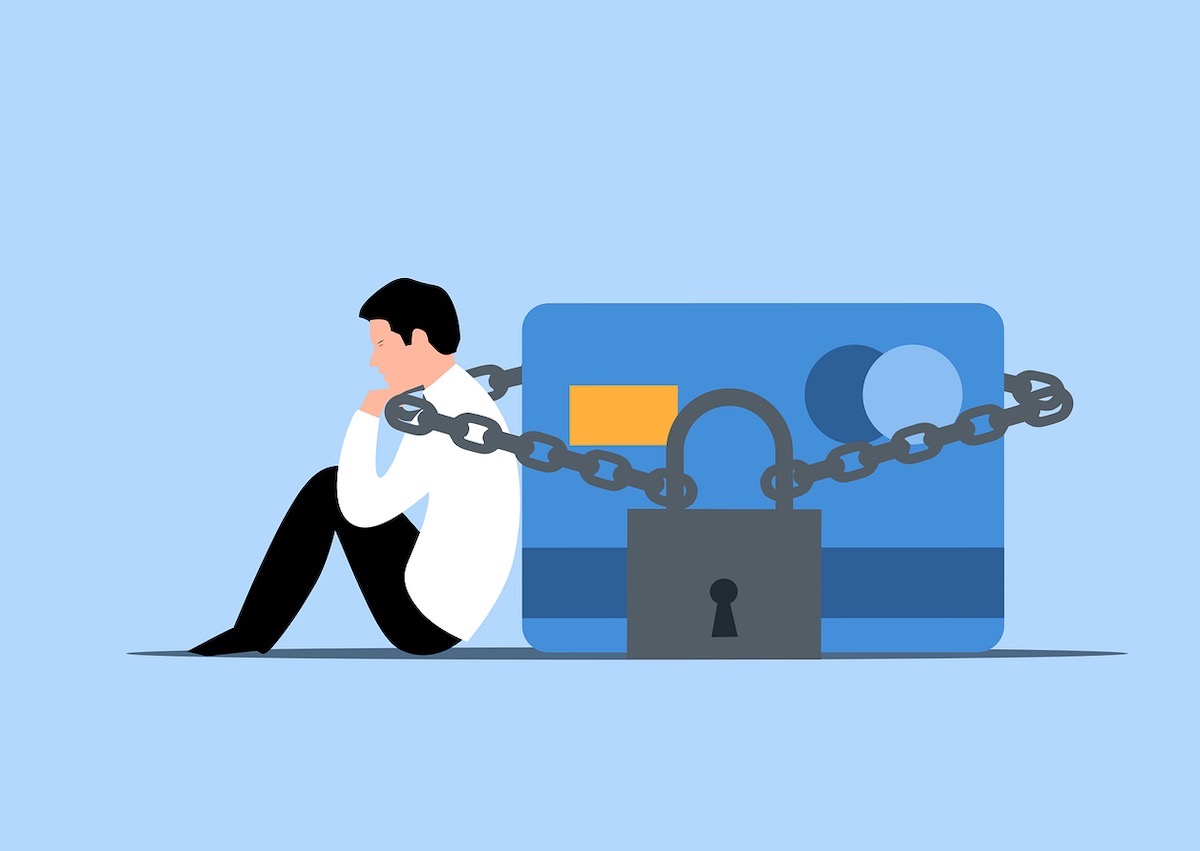A Personal loan & credit cards both offer ways to borrow money for various expenses, but they come with distinct features and differences. Understanding these differences can help you make informed decisions about which option is best for your financial needs.

Read: 3 Easy Steps on How to Choose the Best Credit Card
Approval Process for a Personal Loan & Credit Cards
When applying for either a personal loan or a credit card, lenders will evaluate several factors, with your credit score being one of the most crucial. Your credit score is derived from your credit history, including past defaults, inquiries, accounts, and outstanding balances. This score significantly influences whether you are approved and what interest rate you receive.
The three major credit bureaus in the U.S.—Equifax, TransUnion, and Experian—play a significant role in establishing credit scoring standards and partnering with lenders to facilitate credit approvals.
Understanding Personal Loans
A personal loan provides a lump sum of money that you repay over a fixed period with regular, often fixed, payments. This type of loan is known as an installment loan. The repayment term typically ranges from two to five years, but it can be longer.
Personal loans generally offer lower interest rates than credit cards, especially if you have a good to excellent credit score. However, they do not provide ongoing access to funds as credit cards do. You can use personal loans for various purposes, such as consolidating debt, making home improvements, or funding significant purchases.
Pros:
- Provides funds in a lump sum for large purchases.
- Usually offers a lower interest rate than credit cards.
- Fixed monthly payments make budgeting easier.
Cons:
- Often includes origination and other fees.
- Does not provide additional credit after repayment.
- Does not offer rewards or benefits.
Exploring Credit Cards
Credit cards offer revolving credit, which means you have access to a specified credit limit and can borrow as needed, paying interest only on the borrowed amount. Unlike personal loans, credit card payments can vary each month based on your balance and interest rates. Credit cards often come with benefits like rewards, cash back, or a 0% introductory interest rate.
Pros:
- Provides ongoing access to credit.
- May offer rewards, 0% introductory rates, and other perks.
- Accounts in good standing might receive credit limit increases.
Cons:
- Typically have higher interest rates than personal loans.
- Interest and fees can accumulate, potentially leading to debt cycles.
Comparing Costs: Interest Rates and Fees
Personal loans usually have fixed interest rates, making it easier to predict your monthly payments. In contrast, credit cards can have variable interest rates, which can change based on your balance and the terms of your card agreement. Personal loans also generally have lower interest rates compared to credit cards, making them a more affordable option for long-term financing.
Other Types of Credit Lending
Beyond personal loans and credit cards, there are other credit products to consider:
- Business Loans: Suitable for various business needs, often requiring detailed financial statements and projections.
- Payday Loans: Short-term, high-interest loans typically used for emergencies. These are often considered predatory due to their high costs.
- Lines of Credit: Similar to credit cards, offering revolving credit with flexible access to funds.
Cost Example: $5,000 Personal Loan
The monthly cost of a $5,000 personal loan depends on the interest rate and repayment term. Using an online loan calculator can help you determine your monthly payments based on different loan terms and interest rates.
Understanding Denials and Credit Impact
If your personal loan application is denied, it could be due to a low credit score, insufficient income, high debt levels, or other lender-specific criteria. Applying for a personal loan can cause a slight, temporary decrease in your credit score. However, making timely payments can improve your score over time.
While a personal loan & credit cards can both be used to finance your expenses, they serve different purposes and come with distinct terms. Personal loans typically offer lower interest rates but require repayment over a set period. Credit cards provide flexible, ongoing access to funds but often have higher interest rates.
Your credit score is crucial in obtaining favorable terms for either option. Always understand the terms of any loan or credit card and ensure you borrow from reputable lenders. This careful consideration will help you make the best financial decisions for your needs.
